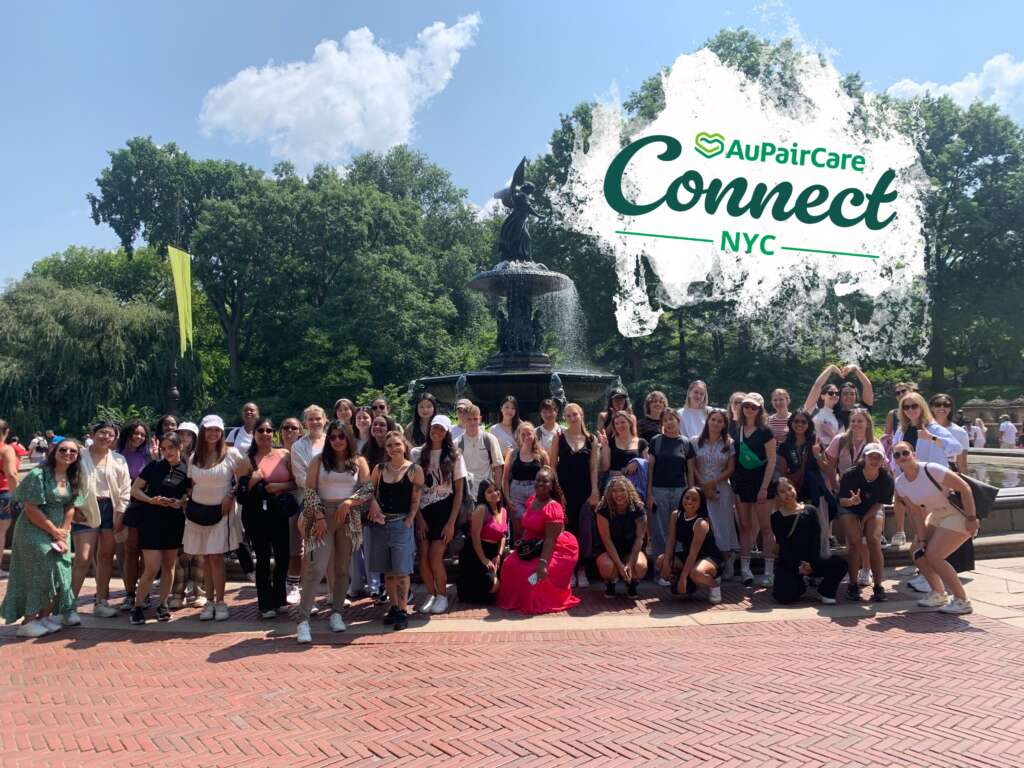Au Pair is often seen as a temporary break—a chance for adventure, language practice, and a change from daily life. For many, it’s a transitional experience during studies or before starting their first serious job. But is it justified to think of it as just a minor life episode?
Not necessarily. Sometimes, Au Pair experience can turn life plans upside down—in a positive way. Returning participants often say that not only did their language skills improve, but they also discovered unseen parts of their personality, changed their work attitudes, and learned to handle tough situations. Some even come back thinking about making a life-changing decision, like moving abroad permanently or choosing a new academic path.
This article explores how being an Au Pair influences professional life and why it can be a pivotal point in your career development.

Stepping Out of Your Comfort Zone
The phrase “stepping out of your comfort zone” is commonly used in professional contexts. It means consciously taking on new, sometimes challenging tasks that require adaptation and new skills. It’s pushing beyond routine and familiar patterns—something that being an Au Pair in a foreign country definitely requires.
Daily challenges include communicating in a foreign language, adjusting to a different lifestyle, and solving problems on your own. That builds confidence, from dealing with bureaucracies or navigating a new city to resolving family conflicts.
Why Employers Value This
Employers appreciate adaptability. The ability to manage stress, make quick decisions, and communicate effectively—skills honed as an Au Pair—are invaluable in any field. A CV entry showing year-long experience in the U.S. signals independence, resilience, and boldness.

Non-Traditional Education: Practical Skills You Gain
Being an Au Pair is far more than childcare—it’s a crash course in practical life skills that formal education rarely provides:
- Time Management & Planning
Juggling school drop-offs, household duties, and language courses, the ability to structure your day, prioritize, and meet deadlines is directly transferable to the workplace. - Negotiation & Communication
Convincing a child to eat vegetables or adapting to family expectations means negotiating, listening, and reaching compromises—vital skills in any job with teams or clients. - Practical Language Use
Living in a local environment exposes you to everyday language, slang, idioms, and diverse speakers. It’s intense immersion: no textbooks—minus the fear of mistakes! That fluency helps in professional settings and small talk with clients or colleagues. - Self-Confidence & Adapting
Taking responsibility alone—for crying toddlers or organizing your daily routine—boosts self-confidence. Alumni often come back more daring, ready for career challenges, and quick to adapt.
Networking & Career Opportunities
Connections made during the program can benefit your career: host families, Au Pair classmates, and language-course teachers may all help with job opportunities abroad. Alumni often recommend you to employers or help with writing applications. By nurturing these connections, you’ll build a network that may support you later.
Tips for Networking:
- Stay in touch via social media or email
- Join Au Pair and alumni groups on Facebook or LinkedIn
- Help others—you never know when you’ll need help in return
How to Reflect Au Pair Experience in a CV
Present your Au Pair role with professionalism, focusing on the skills you have gained. For example:
International Cultural Exchange – Au Pair Program, USA (2022–2023)
- Effective English communication
- Time management and family coordination
- Intercultural competence in diverse environments
- Independent planning of daily tasks
- Conflict resolution and negotiation skills
Tailor your CV to highlight strengths relevant to the job—organizational skills, diplomacy, and language fluency.
In interviews, if Au Pair is dismissed as a “gap year,” reframe: “It was an intense year of growth. I learned time management, cross-cultural communication, and independent decision-making skills that I believe will benefit your team.”

FAQ
In which industries is Au Pair experience valuable?
Education, HR, tourism, international business, creative industries, event planning – everywhere where you can show the benefit from language, adaptability, and interpersonal skills.
Should I bring up being an Au Pair in interviews?
Yes—if you focus on the relevant skills and outcomes, it shows maturity and professionalism.
Can Au Pair experience help me get a job abroad?
Definitely! It familiarizes you with language, culture, and networking in a foreign country — some alumni stay abroad and build global careers.
Where can I read about daily life as an Au Pair in the U.S.?
Follow participants on our Instagram: instagram.com/easy.travel.abroad/ for real-life stories from the U.S.